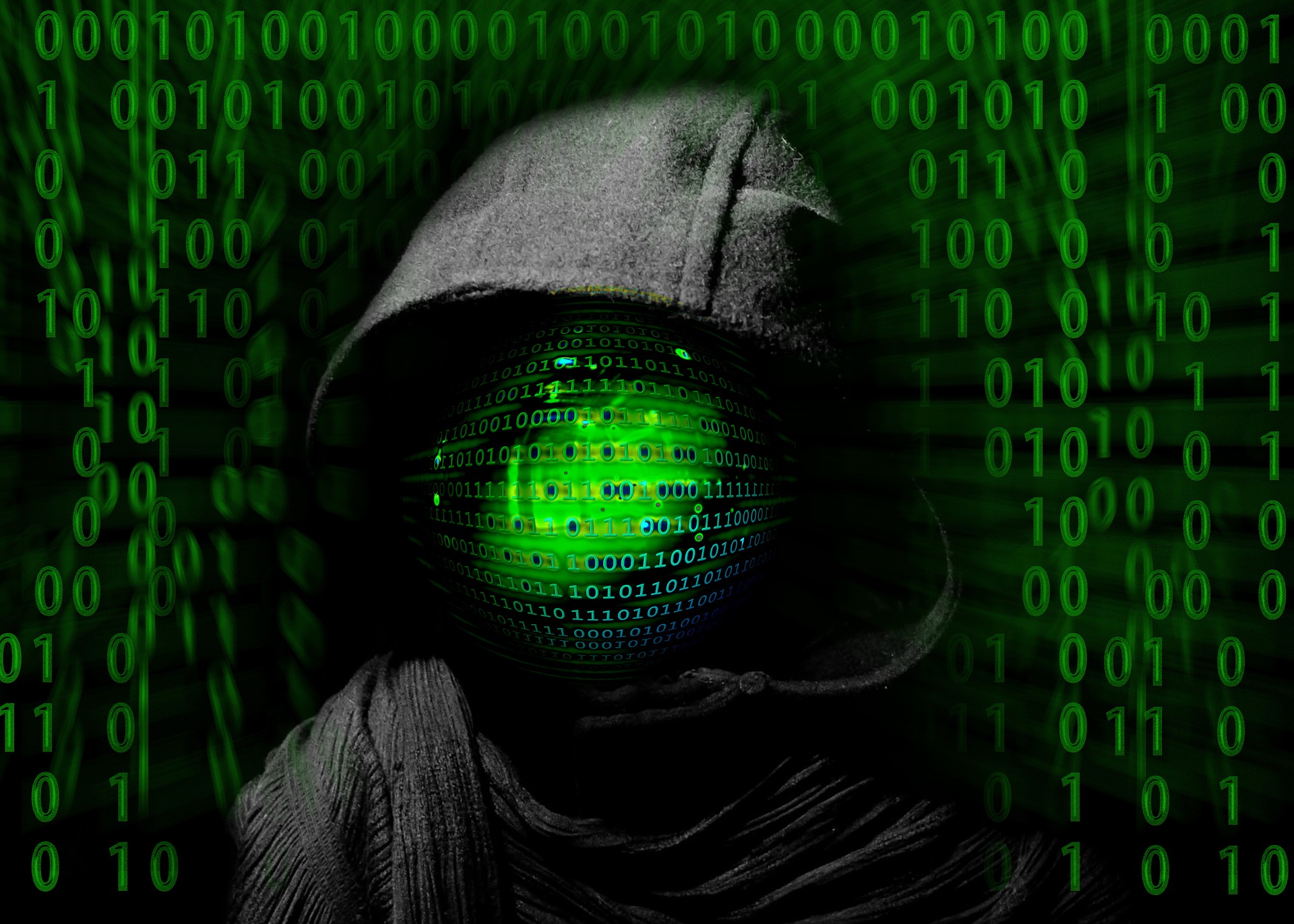
Whenever you need to find something online, you usually google it, right? What was originally a noun denoting a number turned into a name for a company, and finally into a verb. Google indexes websites depending on its own set of criteria and the wishes of the site’s owner. At first glance, there is nothing you can’t find online. However, that’s not remotely true.
The Deep Web
The deep web is the collection of websites and apps not indexed by search engines. If a company is making a website and it is not put into operation yet, you will likely not find it using Google and other sites. There are a lot of things here, like unpublished articles, online banking, videos not available to the general public, and many other interesting items.

Every time you publish a video on YouTube but set it to private, people online can’t access it. The same goes for your emails, your bank statements, and the data in private databases.
If the content of the unindexed pages requires logging in, doesn’t have links, or is just an archive of old and existing websites, you will not find it with search engines. In other words, there is a whole side of the internet we can’t see. Sometimes, that’s a good thing, especially when you consider the dark web.
The Dark Web

While the deep web refers to the side of the internet we can’t see, the dark web is the part that deals with unverified, unregistered, unmoderated, and illegal content and activities. You cannot access the dark web using traditional means. You need a piece of software like Tor, which hides your IP address.
The dark web is home to drug trading, weapons trading, human trafficking, illegal pornography, hacking services, assassination services, terrorism, underground social media, and other things that would make your hair stand on end. Browsing it is the equivalent to walking alone through a dark alley. At night. In a war zone.
However, the dark web is more than just a haven for anything criminal. Journalists, for example, use it to get the information they can’t find through normal means. Furthermore, with the internet regulation slowly taking away content and opinions through censorship and regulation, the dark web might start to get appealing for its neutrality. It doesn’t belong to any country or organization.
Is It Safe to Access Them?

The deep web is pretty safe. Like I mentioned before, it is just content that is not available to everyone. The dark web is a different story altogether. If you need to access it, for whatever reason, make sure you are safe by not using any of your accounts, keep your camera unplugged, don’t disclose any personal information, and use a machine with Tor or other software that hides your IP, while making sure that the computer you are using also has no information on you. The data people get can be used against you in many different ways, so it is best to steer clear.
Otherwise, you may be putting a big target on your forehead. The information people can get from your computer range from your political and private opinions, to medical records, bank records, and, potentially, blackmailing material. Unless you are desperate, there is no need to reach out to the dark web to get what you need. The risk involved heavily outweighs the reward. Even if you come out unscathed, some government agencies would probably want a word with you.


